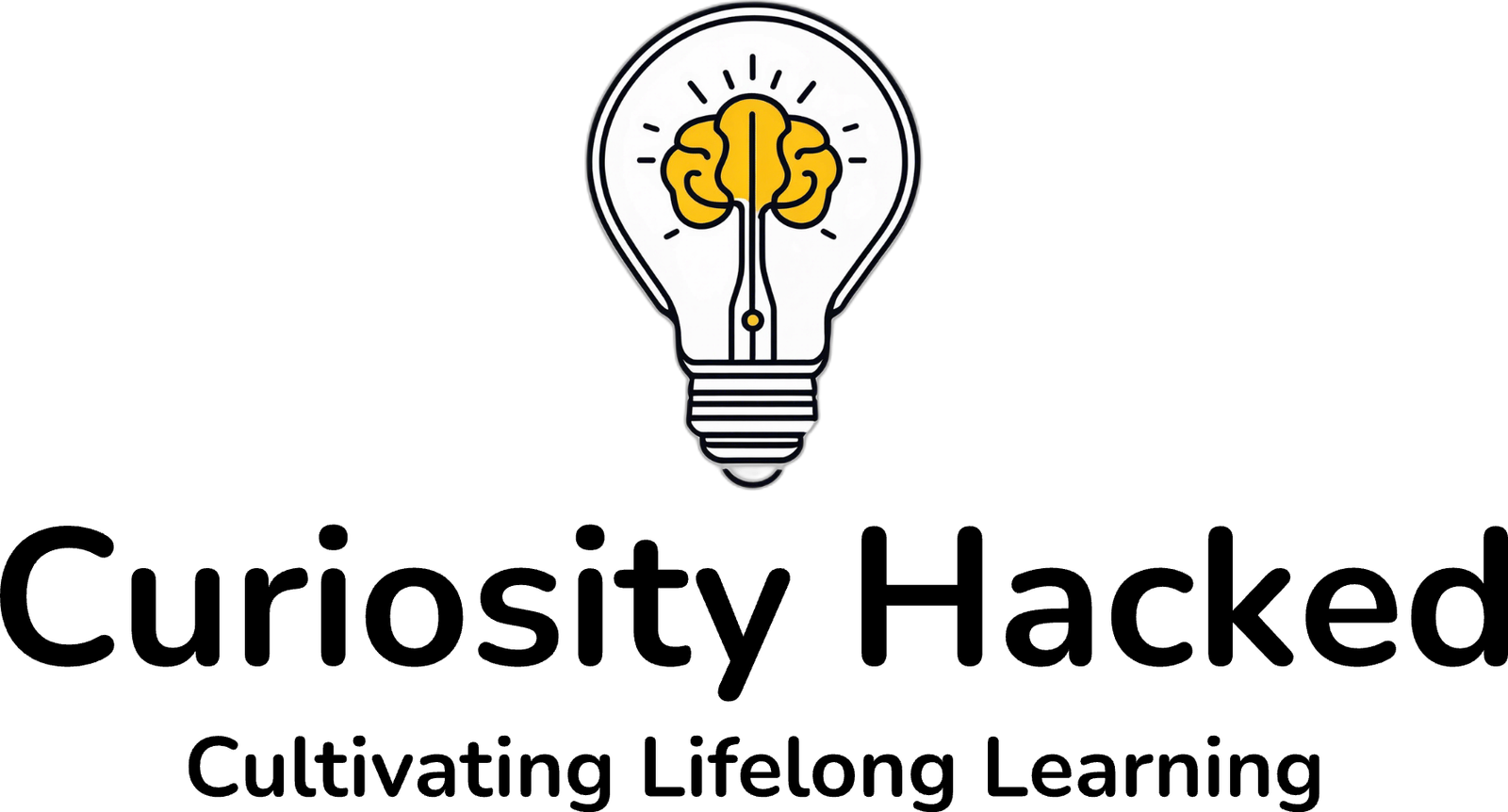Using Spiral Dynamics Integral Theory As Tools For Personal Growth
The idea that you can understand how your mind works through a scientific method has been around since ancient times. It was certainly the basis for some philosophies.
Spiral Dynamics and Integral theory are an example of this. Both scientific theories play a key role in understanding yourself and pushing for personal growth. But what exactly are Spiral Dynamics and Integral Theory?
Spiral Dynamics
Spiral Dynamics was developed by Robert Moore and his colleagues at the Institute for Social Research at the University of California, Berkeley.
The theory describes human development through five stages of consciousness: pre-conventional, conventional, post-conventional, transpersonal, and integral.
Spiral Dynamics is a framework for understanding the dynamics of change in individuals and groups. It provides a way to look at the complexity of human experience and offers a model for understanding the nature of human transformation.
According to Moore, it is an attempt to create a psychology that integrates knowledge from diverse fields, including anthropology, biology, religion, philosophy, neuroscience, history, sociology, economics, literature, physics, mathematics, chemistry, and the arts.
The aim is to develop a psychology that takes into account such things as evolutionary biology, genetics, neurology, cognitive science, neuropsychology, quantum mechanics, and relativity theory.
Integral Theory
Integral Theory was developed by Ken Wilber (1980). The idea of “integral” comes from the ancient Indian concept of prajna (wisdom) and refers to having insight into the wholeness needed to live fully and be free.
This state involves being grounded in one’s Being while working with others who are also grounded in their Beings. Being aware of oneself means recognizing all aspects of reality simultaneously, whether they are physical, mental, or spiritual.
In contrast, being lost in one’s individualism means only seeing one aspect of reality. For Wilber, this is why Western society emphasizes our separate individuality and fails to connect us as part of the larger whole.
Wilber’s approach proposes that humans are embedded in multiple contexts and worlds or “lenses” of being, each with its own unique culture, history, cosmology, psychology, metaphysics, politics, art, religion, economy, etc. In addition to these lenses, we also have our physical bodies, which help us navigate life and perceive information.
Through all of these lenses, we construct a particular conception of reality at any moment in time. This process creates what he calls an Integrated Self, but only within a specific context and worldview.
How Spiral Dynamics And Integral Theory Can Help Personal Growth

Spiral Dynamics and Integral Theory are designed to point out which stage of life you are in and help you figure out how to grow to move on to the next stage.
But before any of that, you need to figure out which stage you are at. You can do that by taking this quiz for Spiral Dynamics and this quiz for Integral Theory.
Once you’ve taken the quizzes, they’ll indicate whereabouts you are in life. Then you can use these tools to help with your personal growth.
For example, if you take the test for Spiral Dynamics and it shows that you’re currently being pulled toward the 3rd Development Stage, then you probably aren’t satisfied with your current relationship, career, interests, values, or beliefs. So you may want to go back to the previous stages and consider those areas.
Or if you take the Integral Theory test, and it indicates that you’re in the 7th Worldship, that would mean that you can get involved in some sort of group activity.
That might include joining a political party, religious organization, community service club, socializing with friends, dating someone, or doing volunteer work. Since Integral Theory suggests that you should do that, it’s easy to see how you might benefit from using that tool.
Both Spiral Dynamics and Integral Theory are excellent personal growth and development tools because they’re not about pushing yourself.
They help you understand where you are and what steps you should take to move forward. As such, both offer tremendous value to anyone interested in improving their lives, regardless of age, gender, race, sexual orientation, economic status, educational level, etc.
If you took both tests and got conflicting results, you could see that there’s something else going on. That’s ok because we don’t always know what will happen when we make big changes.
But at least now you have a better idea of where you stand in terms of your development. The good news though is that even if you find yourself in different parts of your development than the ones indicated above, you can still learn how to best work with whatever situation you’re in.
If you’d like to know more about Integral Theory and Spiral Dynamics, feel free to check out some of the many books on the theories.
Final Thoughts
Taking these tests and establishing where you are in life can be extremely rewarding, even if you’re perfectly happy to stay where you are.
Just feeling that sense of grounding is often all people want or need. But if you do want to stimulate personal growth, they’re the best way to get the ball rolling!









